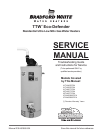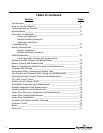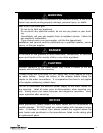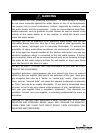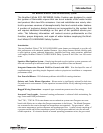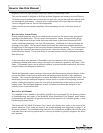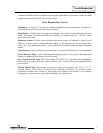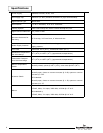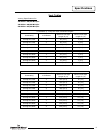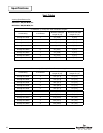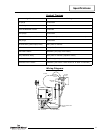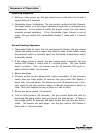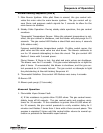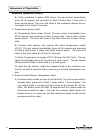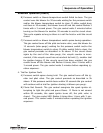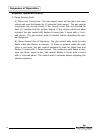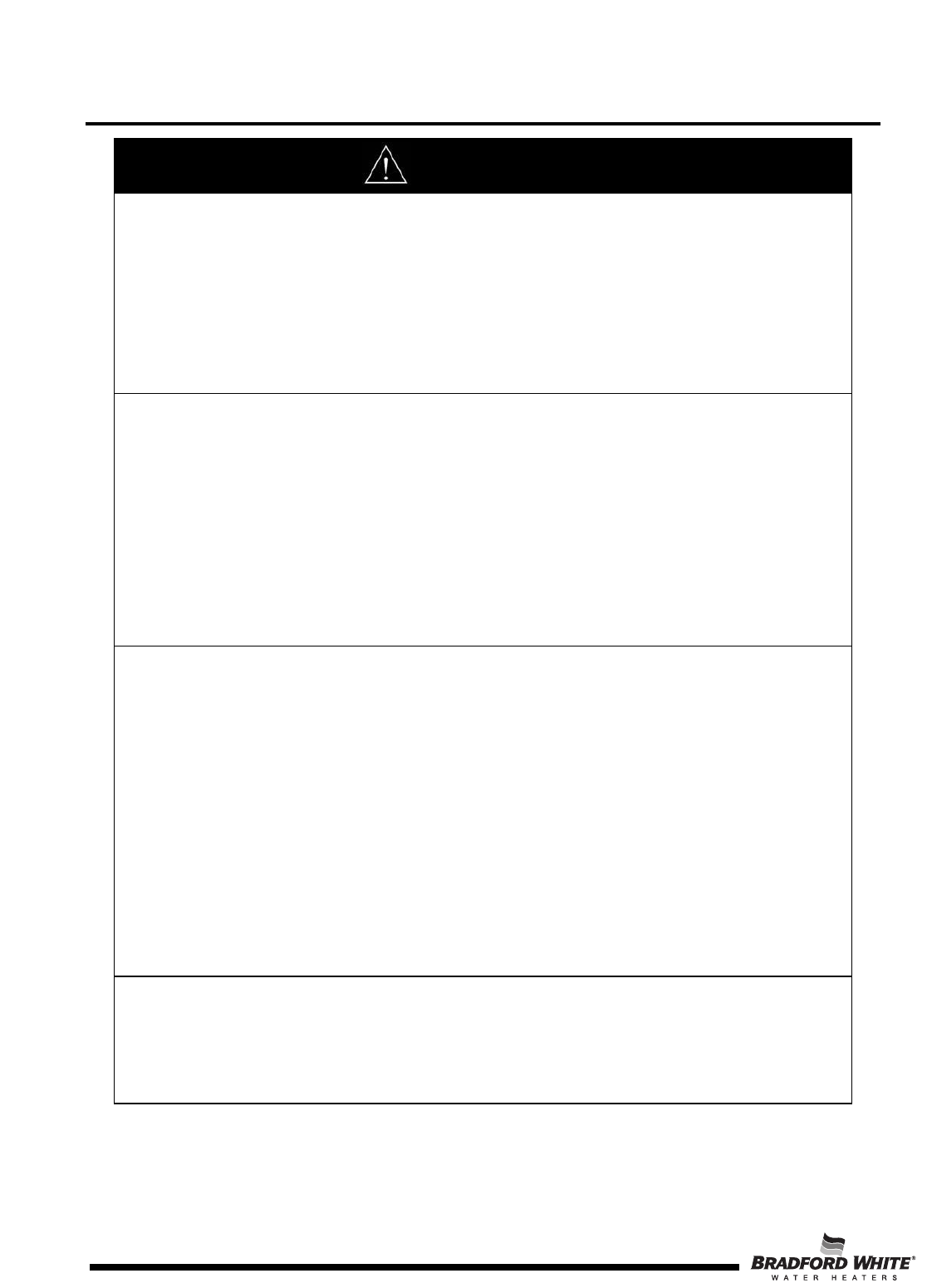
Page 4
WARNING
Water heaters are heat producing appliances. To avoid damage or injury,
do not store materials against the water heater or any of its components.
Use proper care to avoid unnecessary contact, especially by children, with
the water heater and its components. Under no circumstances must flam-
mable materials, such as gasoline or paint thinner be used or stored in the
vicinity of this water heater or in any location in which the fumes could
reach the water heater.
Hydrogen gas can be produced in an operating water heater that has not
had water drawn from the tank for a long period of time (generally two
weeks or more). Hydrogen gas is extremely flammable. To prevent the
possibility of injury under these conditions, we recommend a hot water fau-
cet to be open for several minutes at the kitchen sink before you use any
electrical appliance which is connected to the hot water system. If hydro-
gen is present, there will be an unusual sound such as air escaping through
the pipes as hot water begins to flow. Do not smoke or have open flame
near the faucet at the time it is open.
DO NOT ATTEMPT TO LIGHT ANY GAS APPLIANCE IF YOU ARE NOT CER-
TAIN OF THE FOLLOWING:
Liquefied petroleum gases/propane gas and natural gas have an odorant
added by the gas supplier that aids in the detection of the gas. Most peo-
ple recognize this odor as a “sulfur” or “rotten egg” smell. Other condi-
tions, such as “odorant fade” can cause the odorant to diminish in intensity,
or ”fade,” and not be as readily detectable. If you have a diminished sense
of smell, or are in any way unsure of the presence of gas, immediately con-
tact your gas supplier from a neighbor's telephone. Gas detectors are
available. Contact your gas supplier, or plumbing professional for more in-
formation.
FAILURE TO INSTALL AND MAINTAIN A NEW, LISTED 3/4” X 3/4” TEM-
PERATURE AND PRESSURE RELIEF VALVE WILL RELEASE THE MANUFAC-
TURER FROM ANY CLAIM THAT MIGHT RESULT FROM EXCESSIVE TEM-
PERATURE AND PRESSURES.
4



